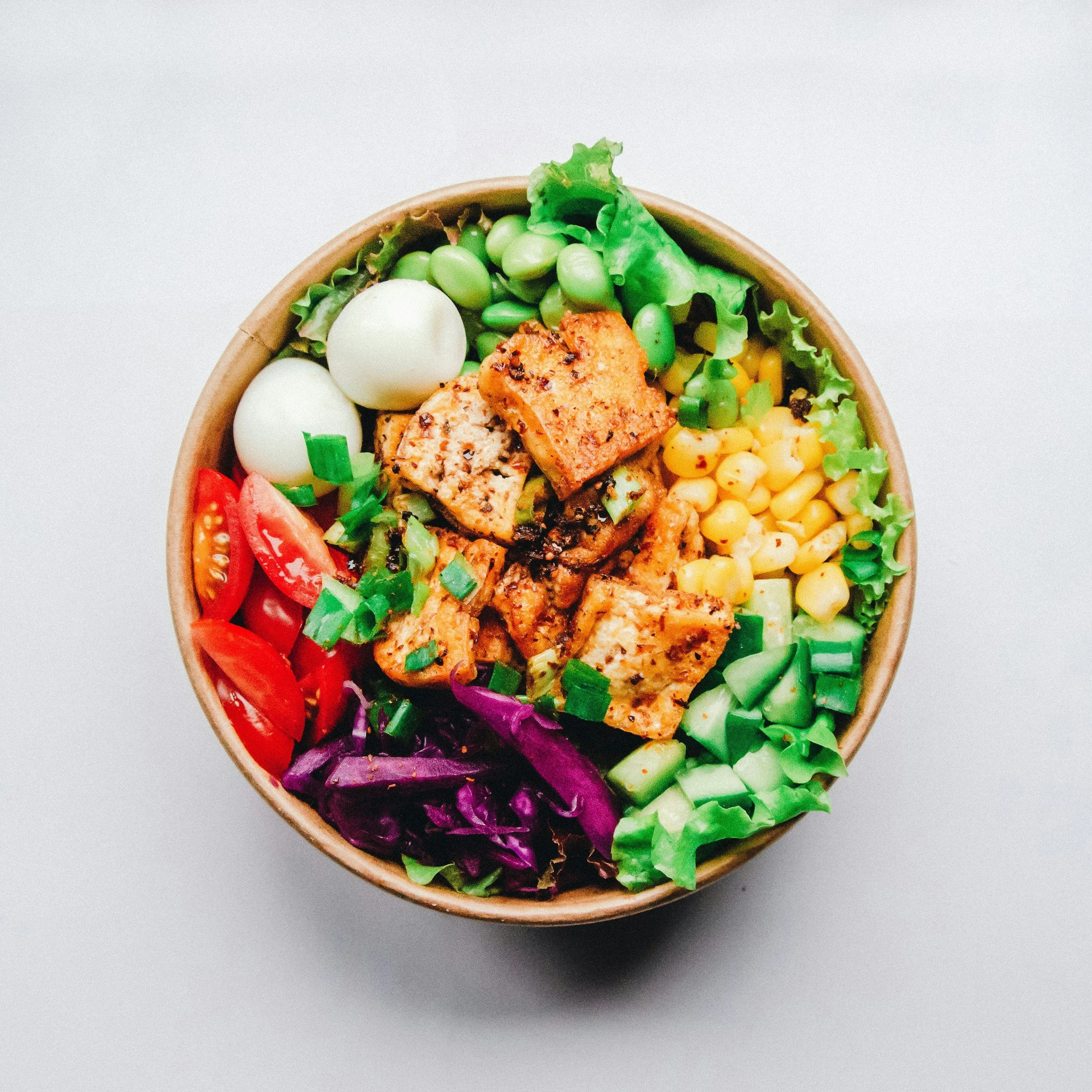Whole Foods vs. Processed Foods: Why It Matters for Your Long-Term Health
In today’s fast-paced world, convenience often wins. Processed foods are everywhere—quick, cheap, and tempting. But at what cost?
What Are Whole Foods?
Whole foods are foods in their natural, unprocessed (or minimally processed) state. Think fruits, vegetables, whole grains, nuts, seeds, eggs, and unprocessed meats and fish. They’re rich in vitamins, minerals, fiber, and antioxidants—everything your body needs to function optimally.
What Are Processed Foods?
Processed foods have been altered in some way from their original form—whether through the addition of salt, sugar, oils, preservatives, artificial colors, or other additives. Ultra-processed foods include items like sugary cereals, packaged snacks, frozen meals, soda, and many fast foods. These are typically high in calories but low in nutrients—what we call “empty calories.”
Why It Matters
Numerous studies have linked a high intake of processed foods to an increased risk of obesity, heart disease, diabetes, and certain cancers. In contrast, diets rich in whole foods support healthy blood sugar, reduced inflammation, stable energy levels, and improved gut and brain health.
The Bottom Line
Eating whole foods doesn’t have to be complicated. Start by shopping the perimeter of the grocery store, cooking more meals at home, and reading labels carefully. Small, consistent changes—like swapping sugary snacks for fruit or choosing brown rice over white—can have a big impact on your healthspan and quality of life.
At MD Longevity Lab, we believe food is medicine. It’s not about perfection—it’s about making more intentional choices that support your long-term vitality.
